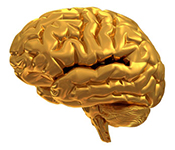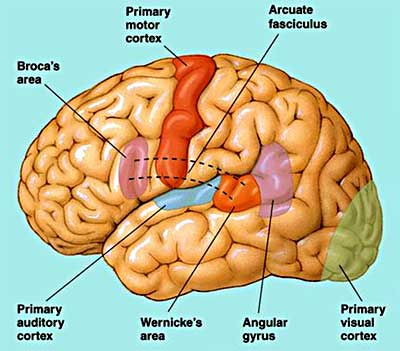Auditory Processing Therapy for Adults
“Unless There is a Distinction . . .”
1st Corinthians 14:6-12 is a well-known and loved Bible verse. The Lord has a primary message in that scripture that is of utmost importance to all Christians. However, there is also an underlying truth that I believe is critical to the work of helping adults with their speech, language and learning skills that He has called me to.
Look at verse 7, it says:
Even in the case of life-less things that make sounds, such as the flute or harp, how will anyone know what tune is being played unless there is a distinction in the notes?
Look at verse 9, it says:
So it is with you. Unless you speak intelligible words with your tongue, how will anyone know what you are saying?
Look at verse 11, it says:
If I then do not grasp the meaning of what someone is saying, I am a foreigner to the speaker, and he is a foreigner to me.

Dr. Paula Tallal did an exhaustive study comparing four different groups of children, with each group being exclusive. The groups were children with Speech Disorders, Language Disorders or Reading Disorders compared to children in a control group who did not have any communication disorders. They compared the children using standardized neurological evaluations, 26 different neurodevelopmental tests and thorough case history interviews. They found that those children who had communication disorders had difficulty hearing the distinction between small pieces of sounds. They also found that those children who had speech, language and learning difficulties had family members with a history of speech, language and learning difficulties more significantly than those children who did not have communication disorders.

The next step, according to the Scripture, is an expressive task. It involves having clear, intelligible speech. The Lord placed good auditory (listening) discrimination before good speech intelligibility. This is no mere coincidence. Generally, the adult who does not have good auditory discrimination skills does not have clear well enunciated speech.
The final step, according the Word, is the auditory comprehension task. That is improved auditory comprehension skills in conversational speech. For the adult who does not have good auditory discrimination skills, he/she does not understand all of what is spoken. It would be like trying to listen to a foreigner and be unable to understand all of what was being said.
The good news for these individuals is that an auditory discrimination deficit is completely remediable. It will take a commitment of time, energy, and resources, but it can be done. Thank the Good Lord we live in this day and age when knowledge has increased dramatically. The discovery that timing is critical to discrimination was revealed in the mid 1970s. Now we can provide the adult this interactive adaptive program through Brain Fitness that addresses the timing component.

The Brain Fitness Program enhances the brain’s auditory system in many ways.
- It will speed up auditory processing.
- It will help build the skills for sound discrimination.
- It will help a person sharpen their sound precision.
- It will help improve sound sequencing skills.
- It will strengthen a person’s working memory.
- It will improve a person’s memory for details from a story.
You can also go to www.brainhq.com to see the research, the results and a demonstration of the program.

